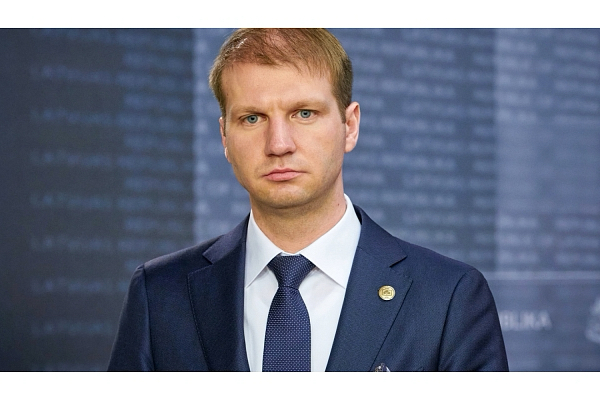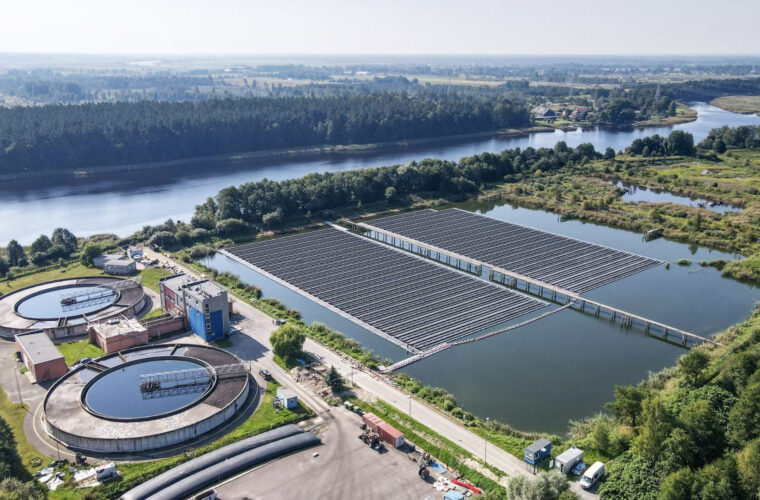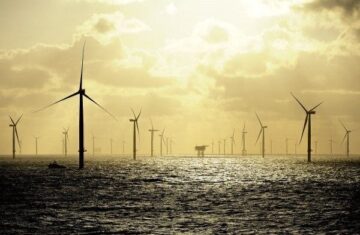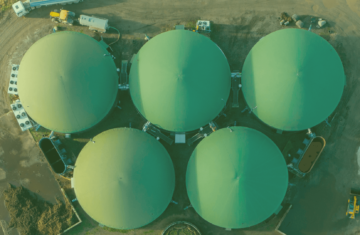Latvia is set to enhance its renewable energy landscape with a groundbreaking project that aims to produce high-value-added renewable fuels. These innovative products are in high demand across Latvia and Europe, supporting climate neutrality and green goals while significantly boosting Latvia’s export capacity and energy independence from foreign fuel supplies.
Minister’s Visit to the Port of Riga
On 26 November, Minister for Climate and Energy Kaspars Melnis visited the Port of Riga to inspect the planned site of the new plant in Kundziņsala and discuss other renewable energy projects in the port. The production facility will utilize innovative technologies to create environmentally friendly and competitive fuel alternatives from various natural vegetable oil sources. This plant will be unique in the Baltic region, marking a significant step forward for renewable energy in Latvia.
Project Details
The planned capacity of the plant is approximately 236,000 tonnes of feedstock per year, which will produce 93,000 tonnes of Hydrotreated Vegetable Oil (HVO) and 87,000 tonnes of Sustainable Aviation Fuel (SAF). The total cost of the project is estimated at up to €120 million (approximately $126.5 million), with a completion timeline of about 20 months, as all necessary equipment and technology are already available.
Additional Renewable Energy Projects
During the visit, discussions also covered the progress of several green energy initiatives at the Port of Riga, including:
- Planned wind turbine component production and logistics infrastructure in Kundziņsala.
- A future solar panel park in Spilve Meadows, projected to be one of the largest in the Baltics, capable of producing around 100,000 megawatt-hours (MWh) of green electricity annually.
The participation of the Port of Riga in the hydrogen research project “BalticSeaH2 – Baltic – Nordic Hydrogen Valley” was also highlighted, along with various research projects aimed at achieving climate neutrality. These projects include exploring shore power connections for ships and modernizing the technical fleet of the Freeport of Riga Authority’s capital company, LVR Flote.
Economic and Environmental Impact
Minister Melnis emphasized, “Sustainable thinking, by creating a new, long-term demand renewable fuel production facility in the Freeport of Riga, is an economically forward-looking way to increase Latvia’s influence as a sustainable energy producer in the Baltics.” The renewable fuel plant is expected to strengthen energy independence, create 120 highly skilled jobs, and provide Latvian farmers with stable demand for energy-intensive crops.

Future Benefits for Aviation
Armands Sadauskis, owner of SIA PARS TERMINALS, noted the economic independence the plant would provide, stating, “With Ukrainian partners, we will ensure economic independence from foreign supplies, thus shortening logistics chains and obtaining high added-value products that are currently only imported in the Baltics.” He added that the Latvian national airline AirBaltic would directly benefit from this initiative, especially as the aviation sector moves toward using at least 20% renewable fuel by 2030.
Sources
- Latvia Ministry of Climate and Energy Press Release
- SIA PARS TERMINALS Project Overview
- Baltic Renewable Energy Initiatives



